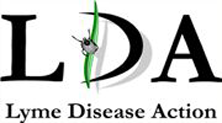European countries report a far higher incidence of Lyme disease than the UK; why is this?
Lyme disease is an emerging disease in the UK. The proportion of UK ticks infected is on average about 6 in every hundred, whereas in some European countries it is over 50 per hundred [1]. Although it has been known about in Europe for more than a century, the first confirmed case in the UK […]
more...